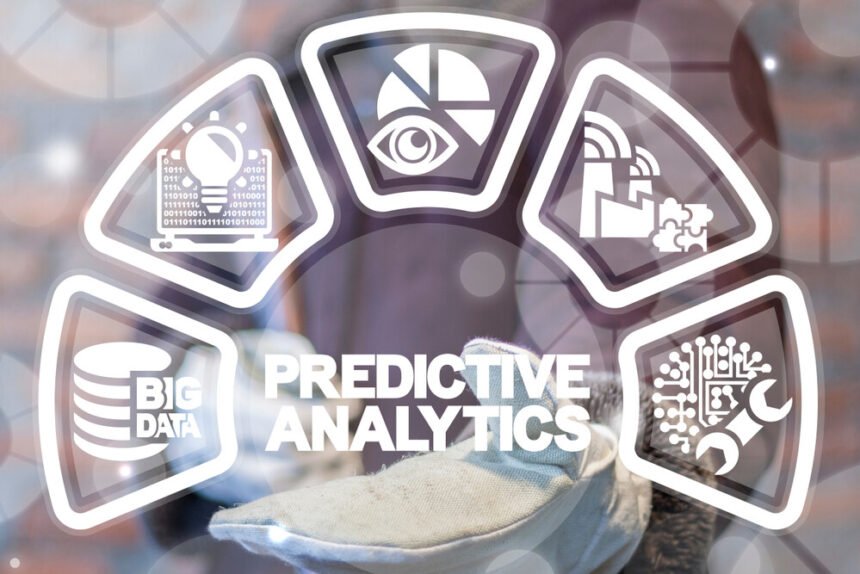Insurance companies have literally spent decades fine-tuning their actuarial models. In the 1990s, they began using credit scores to assess the risks of customers and set premiums accordingly. Laws permitting credit score use with insurance companies vary from state to state. However, around 95% of auto insurance companies use credit scores in their actuarial algorithms.
Advances in consumer analytics are challenging this 20-year-old convention. Big data may render credit-based insurance policies obsolete.
Here are some reasons big data is disrupting the insurance industry.
Insurers have a more nuanced understanding of consumer credit risks
Credit scores were developed long before the era of big data. Since brands could only assess a much more limited amount of data at a time, they needed to condense consumer credit worthiness into a single figure. After reviewing policies on the PolicyBazaar App, we can see the implications of some of these new big data models already.
While credit scores have proven their value over the years, they provide an eclipsed picture of customers actual credit risk. Here are a couple of issues with the traditional credit scoring system:
- Due to the way that credit scores are weighted, a minor or one-time issue can significantly bias the model against an otherwise credit worthy individual. For example, an individual that has suffered a serious medical emergency can face overwhelming medical debt, which adversely affects their score for years to come. That impact may have a little bearing on their real credit risk.
- Approximately 30% of the credit score model is based on the longevity of their existing lines of credit. Some experts have criticized this model, because it may actually be biased against the most creditworthy individuals. These people may have lower credit scores come in because they never actually took out a credit card or a loan. This may be an indicator that they are being penalized for being frugal and living within their means.
This model is obviously imperfect for financial lenders, credit card companies and retailers that need to issue lines of credit. It is even less dependable for insurance providers. The fact that a person never took out a credit card or has extensive outstanding debt from a decade ago has a little relevance to their ability to pay their premiums or demonstrate that they are responsible as a driver or homeowner.
This is why insurers are using big data to make more nuanced decisions about the credit risks that their customers present. They may find that certain variables that are incorporated into credit scoring algorithms overstate a customers dependability. A customer could have a high credit score, because they have made the vast majority of their payments on time over the past seven years and have used little of their debt. However, they may have recently started using or if their credit card debt and missed three of the last seven payments on their existing insurance policy. This could be an indication that they have recently suffered a job loss or other financial setback, which is not reflected in their current credit score.
There are other reasons that insurers are skeptical of using credit scores in the age of big data. One analysis shows that big data has helped insurers recognize that credit-based insurance policies are increasing the risk of unjust racial profiling.
Insurers may start abandoning credit scores in the near future
The exact implications of big data for insurance companies are still unclear. However, new analytics models are revealing the limitations and fallacies of credit-based insurance models. This could cause them to upend existing underwriting policies and start relying on a more data-intensive approach.









